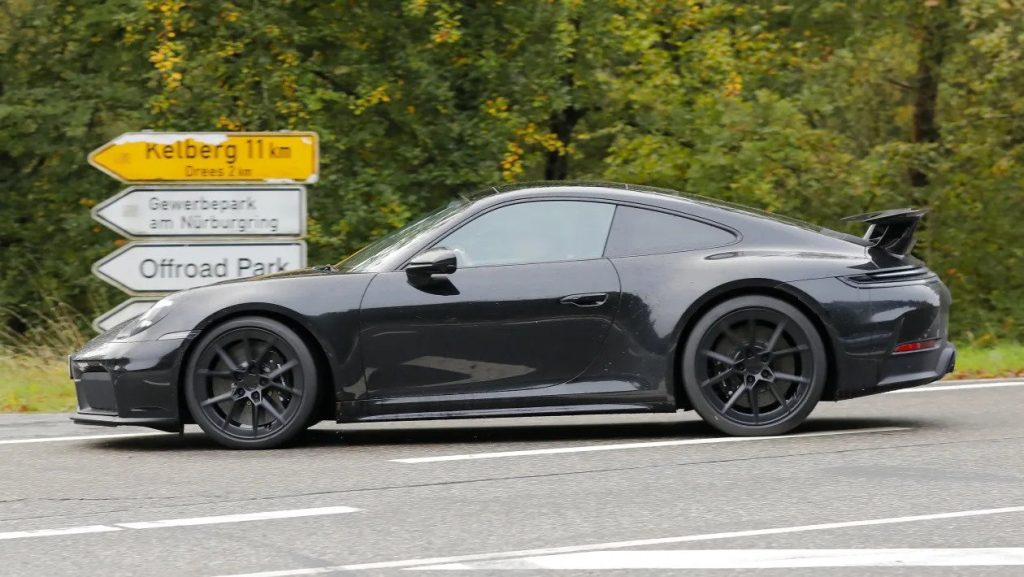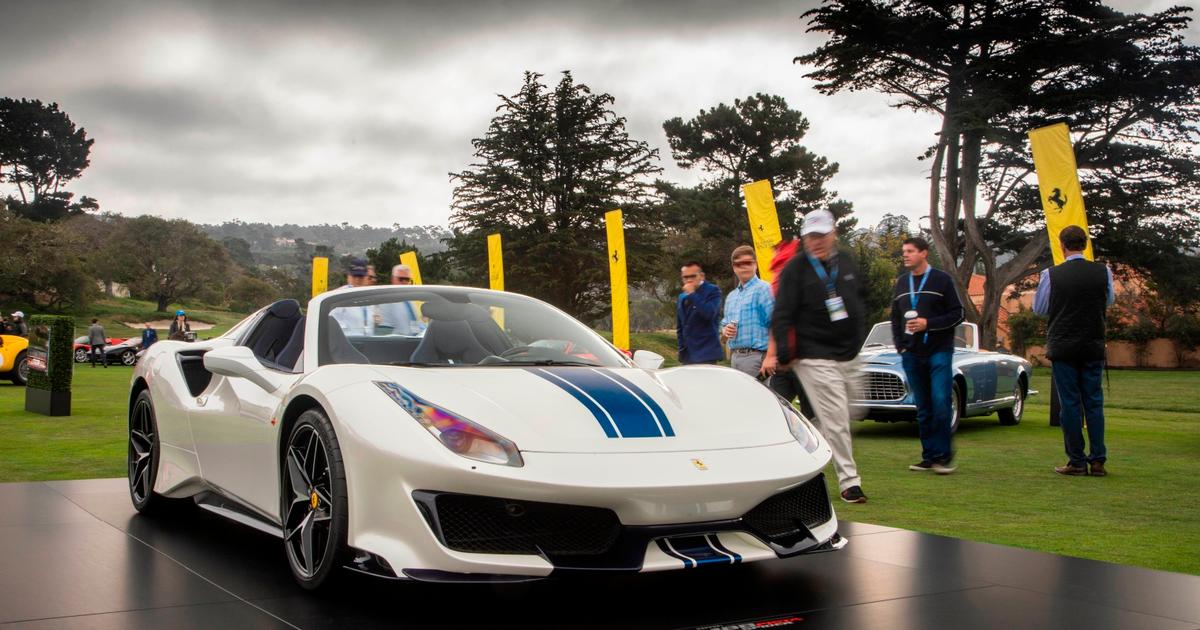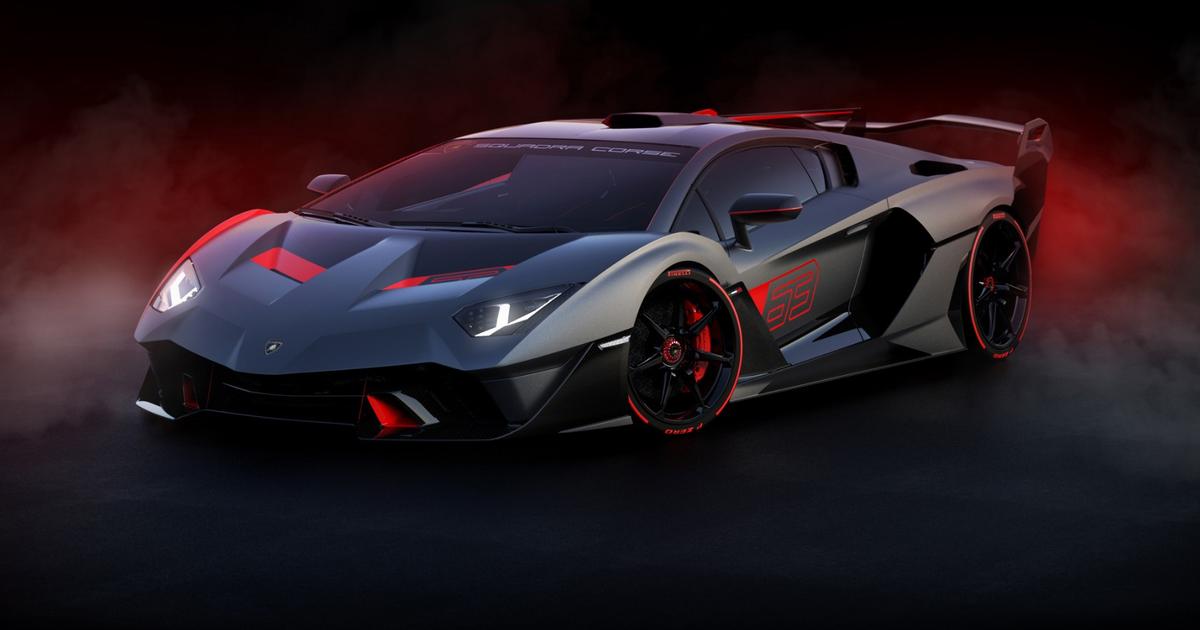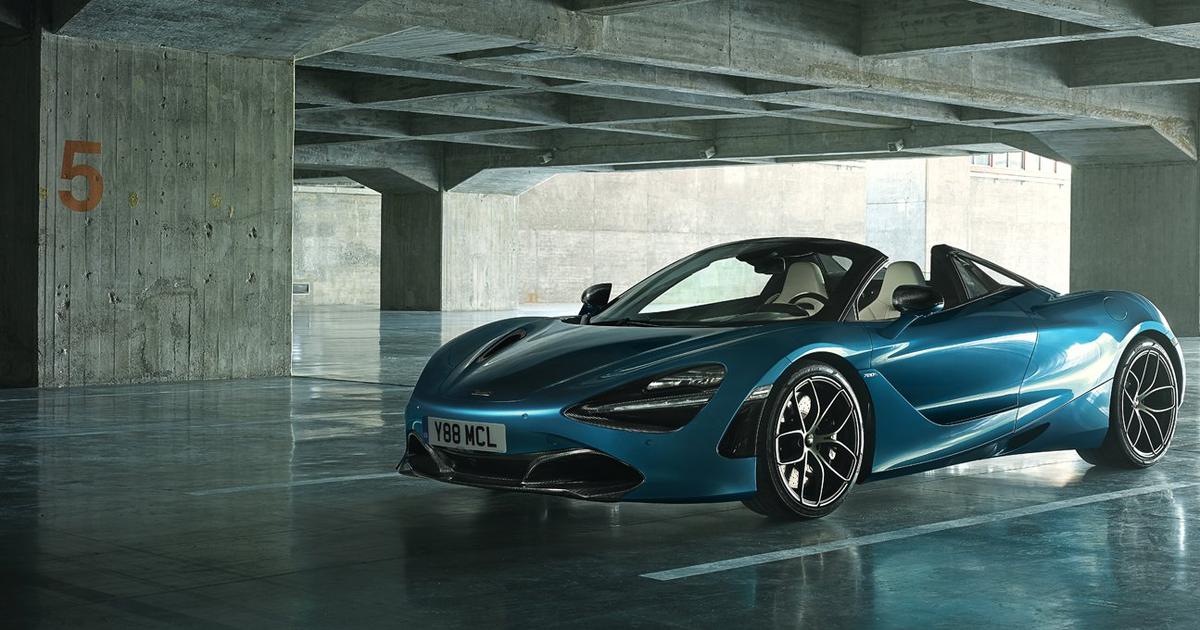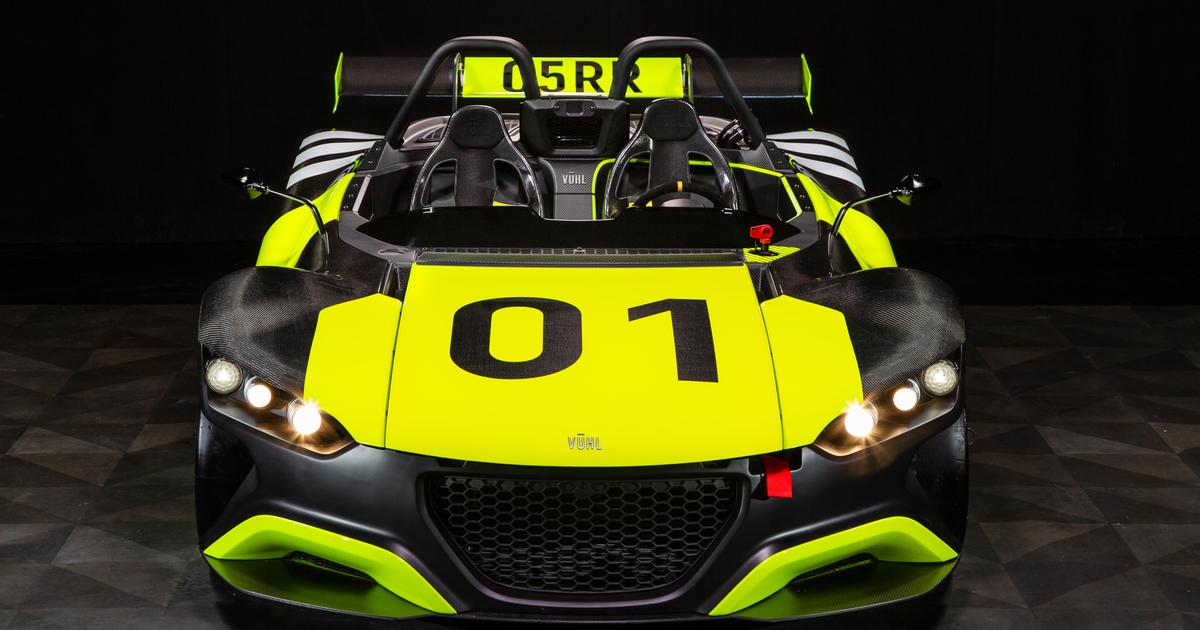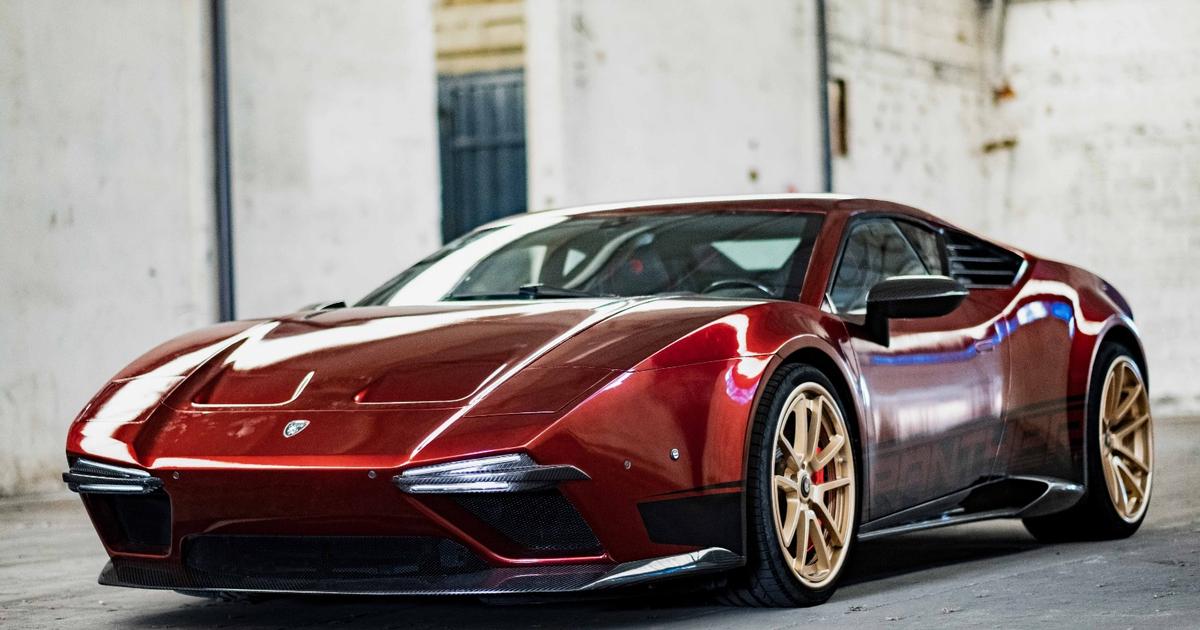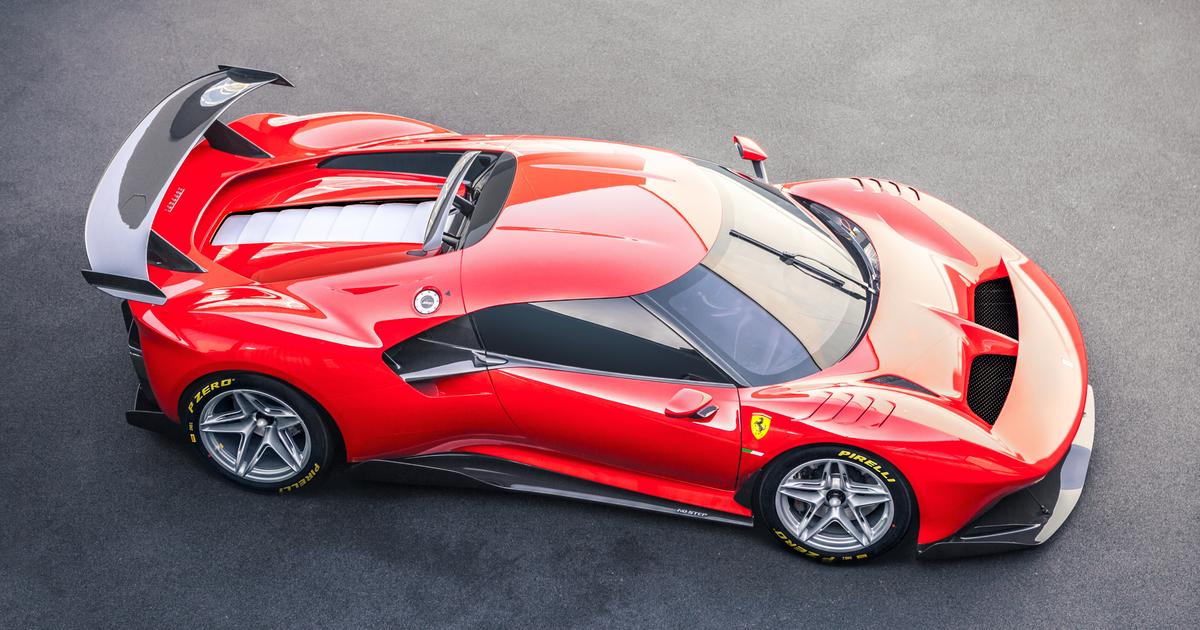The Point-2 Agenda
Throughout past Porsche 911 generations, the unofficial “.2” denomination has come to symbolize an important milestone in the corresponding model’s life cycle. It’s at these halfway stages where the design gets a general refresh—by way of front and rear fascia makeovers, and more—and special variants like the 911 GT2 RS start being introduced in concert with closing out the model’s 8-ish-year production run.
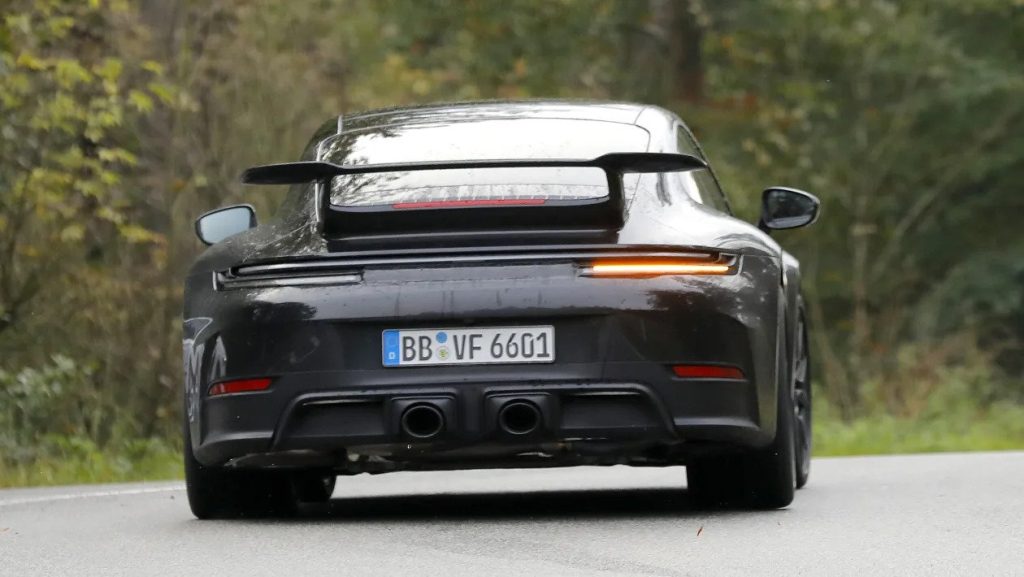

Overall, it has to be said, nothing changes too drastically. A 20 hp bump here, stiffer spring rates there, an updated infotainment system somewhere in between, and you have a car that’s ultimately improved over its “.1” equivalents but is still very much the same machine. But that was the past.
Big Changes Are Brewing
It also has to be said that 2024—the all but officially confirmed year for the 992-gen’s “.2” arrival—is going to be a mid-cycle refresh unlike any other. Timing is everything here, and we’ve been standing at the precipice of some monumental and industry-wide changes in the automotive landscape. That of course being, the proliferation of “greener” modes of transportation, such as fully-electric and hybrid vehicles.
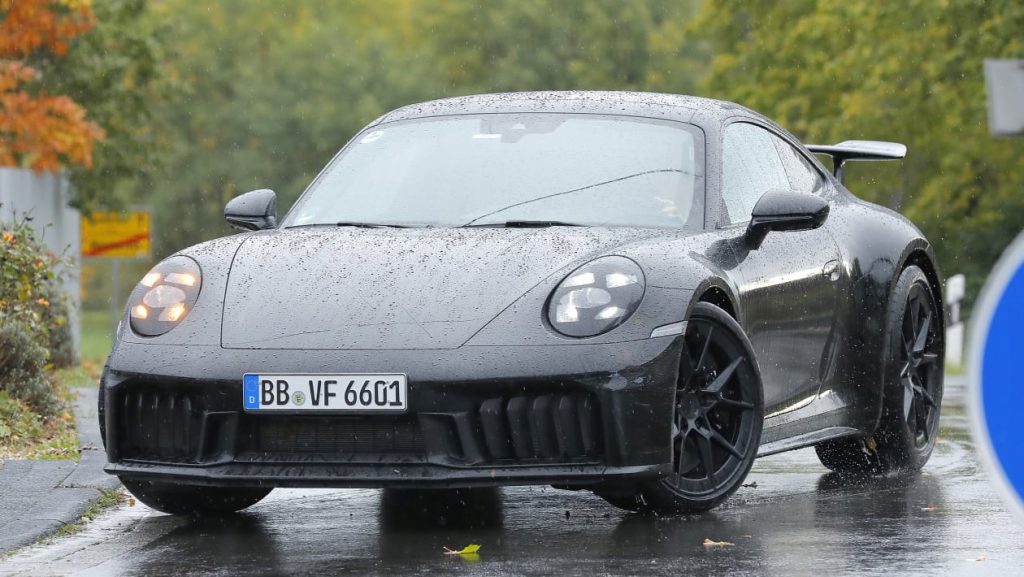

In keeping with some of the original recipe, the new 992.2 will indeed look almost identical to the first iterations, with only a host of small cosmetic changes which only keen-eyed enthusiasts will quickly be able to spot. It’s what you can’t see, that will be hugely significant and impactful in nature.
The Time Is Nigh
That of course, would be the introduction of a hybrid power plant for the first time in a 911 model. Porsche has not been coy about purposely designing the 992 platform in a way that future-proofs 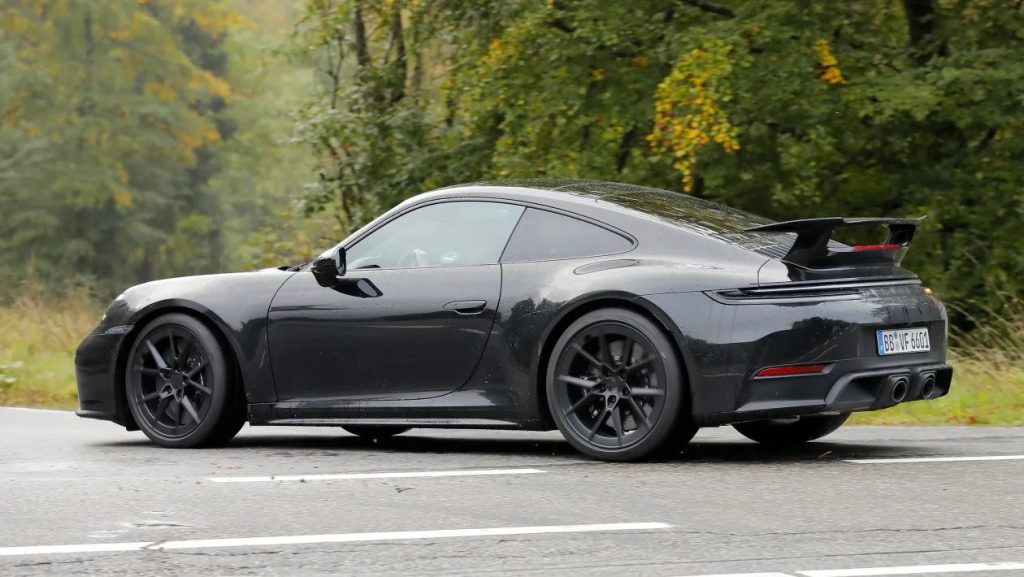 it for integrating an electric motor and battery pack.
it for integrating an electric motor and battery pack.

At the moment, it looks unlikely that every 992.2 model coming off the assembly line will be a hybrid from the get go. The strongest odds go to the next 911 Turbo becoming the first variant to showcase this brand new drivetrain technology, with a “trickle down effect” thereafter.
“Porsche 911 Turbo E-Hybrid” may or may not roll off the proverbial tongue, but it’s probably going to become part of the P-car vocabulary for many years to come. I’ve also been told by insiders that the next GT2 RS will be based on the aforementioned car, which means…
Another Piece of the Porsche Puzzle
For now at least, the Porsche 911 will integrate mild-hybrid technology rather than becoming a full-on PHEV. However, the latter version of hardware is already being used in the current line-up by the likes of the Cayenne and Panamera, so there may yet be accommodations for making that transition later on.
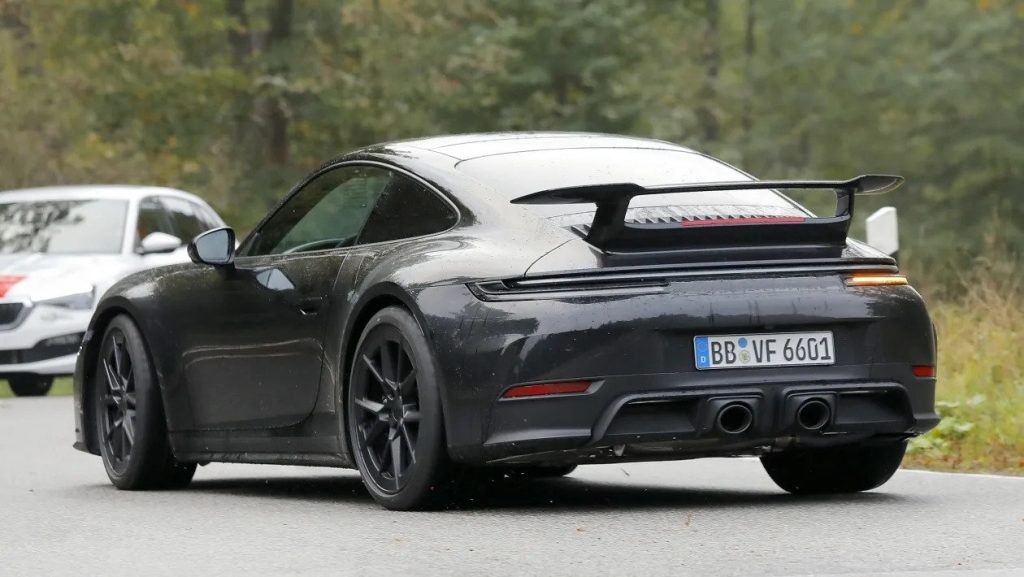

Porsche has quickly debunked any notions that the universally loved driving dynamics of its quintessential sports car will be negatively affected by these changes. Rumors are currently swirling that the hybrid components will add no more than 220 lbs—neither a large nor small number, in my opinion—with everything positioned in a way that maintains favorable weight-balance characteristics.
With Porsche betting large on eFuels, the Porsche 911 serves as a last bastion of hope in prolonging the life of the internal combustion engine. If everything continues to check out with this strategy, I’m confident that Porsche— through its iconic 911 sports cars—will be able to prove to the naysayers that clean burning petrol-powered cars can play an important role amidst this global transformation. I’ve mentioned “timing” earlier, and it’s becoming increasingly evident how this strategy is playing out in real time.
